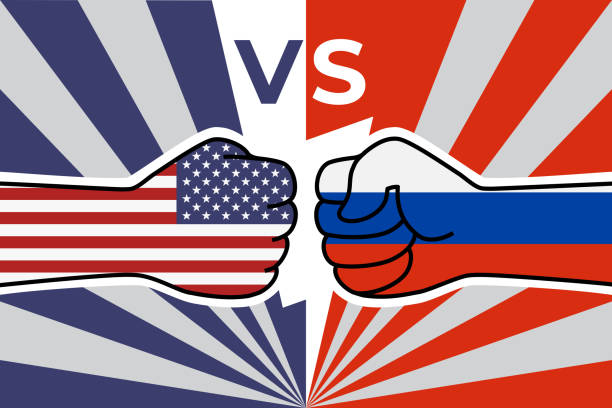Russia’s proposed sanctions regime has triggered criticism and concerns from international quarters.
The draft, introduced without prior discussions or negotiations, has drawn backlash for its perceived lack of transparency. While the draft acknowledges the need for travel bans and asset freezes, it also suggests terminating the Panel of Experts’ reporting mandate.
Criticism has been raised about the draft’s provision to renew sanctions for only six months and add a sunset clause, which some argue might hinder sustained support for Mali. This move comes at a critical juncture when Mali requires ongoing assistance.
Since the withdrawal of MINUSMA, the Panel of Experts has become the sole United Nations mechanism to oversee human rights violations and assist in peace agreement implementation. Opponents of Russia’s draft argue that dismantling the Panel, as proposed, could render the sanctions regime ineffective for Mali.
Moreover, there are concerns that Russia’s motivation to eliminate the Panel’s mandate is related to suppressing information about Wagner’s activities in Mali, which demands attention. Critics assert that Russia’s actions prioritise its own interests over those of the region.
Russia’s approach to negotiations has further escalated tensions. Repeated refusals to engage in discussions, followed by a last-minute submission of an alternative text, have been criticised as breaches of procedure, undermining the integrity and transparency of Council deliberations.
Taking a strong stance, the United States has taken a strong stance against the Russian-drafted resolution due to these concerns. They emphasise the importance of opposing the resolution to safeguard the interests of the Malian people. The situation remains under scrutiny as international stakeholders evaluate the potential consequences of the proposed sanctions regime.



